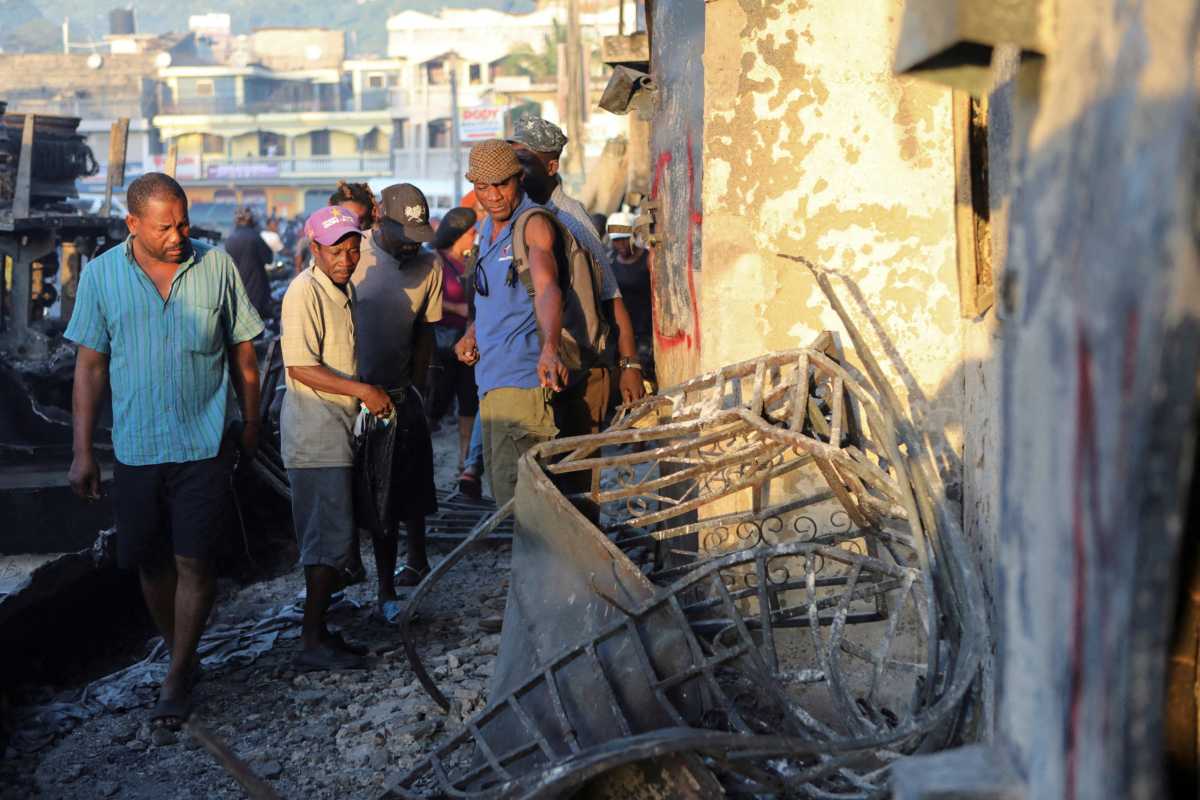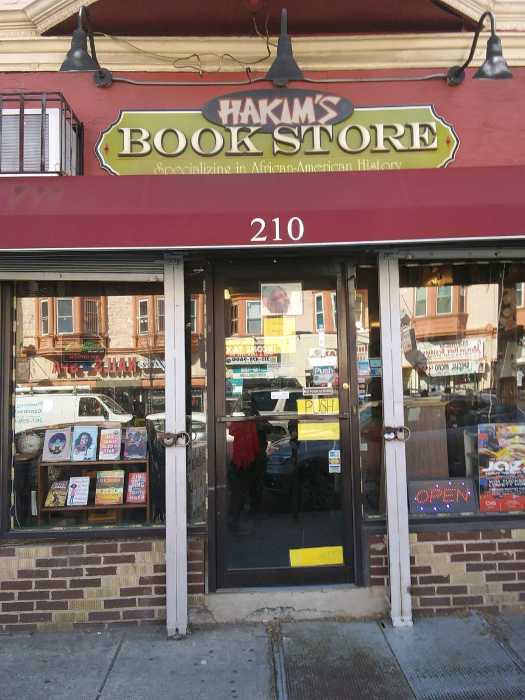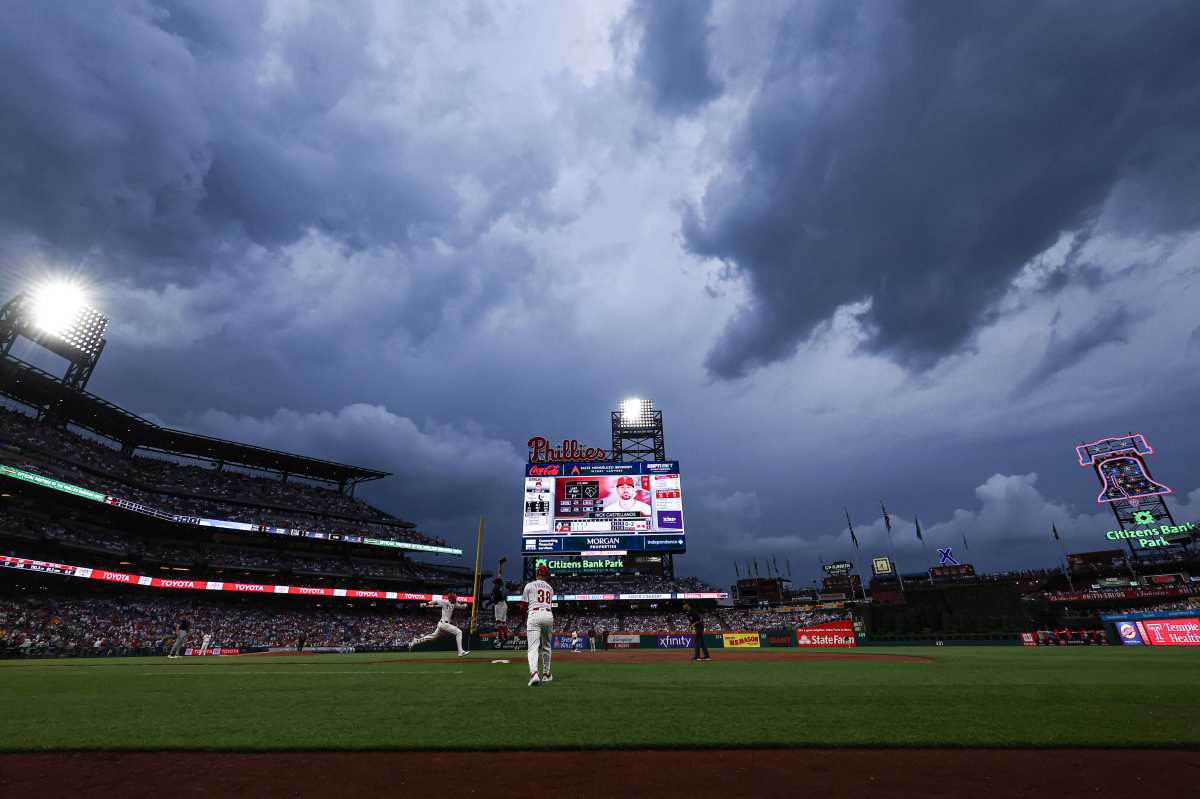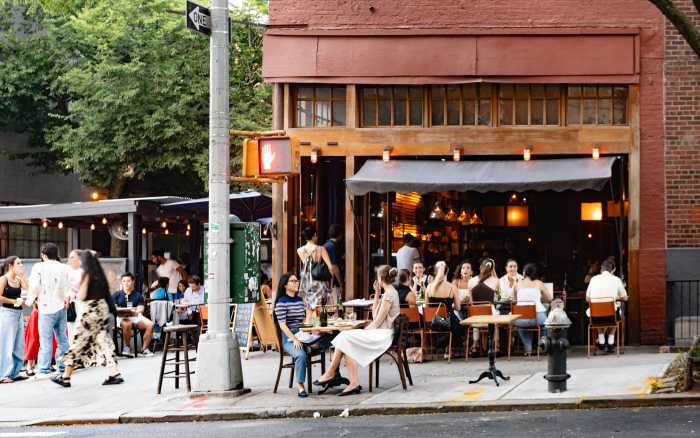By Gessika Thomas and Brian Ellsworth
CAP-HAITIEN, Haiti – The death toll from a fuel truck explosion in Haiti rose to 75 on Wednesday as doctors scrambled to treat the wounded from an incident that officials say was made more deadly by residents approaching the vehicle in a desperate search for fuel.
Rescue workers recovered 61 bodies at the site of the accident, which took place late on Monday in Haiti’s second-largest city of Cap-Haitien, while a director of the city’s main hospital said a further 14 people had died while being treated for wounds.
“We need all the help we can get. The hospital is not used to having so many injured,” said Jean Gracia Coq, medical director at the Justinien University Hospital.
“The shortages have made people let down their guard and not take the precautions that should be taken with regards to fuel.”
Patients with burns on as much as 50% of their bodies were on the hospital’s porch due to lack of space inside the facility, Gracia Coq said.
The hospital is accustomed to treating burn victims from explosions in homes, incidents that have involved up to 20 people, Gracia Coq said.
But Monday night’s major blast charred the facades of several homes and shops nearby, as well as destroying cars and motorcycles on the street.
A witness told Reuters that the fuel truck had flipped over after its driver tried to avoid hitting a motorcycle.
Rescue workers have completed the search of the area, said Frandy Jean, who heads Haiti’s fire brigade for the northern region.
‘THEY WERE WARNED’
The impact of the blast was worsened because residents were storing fuel in their homes and because some approached the truck when it flipped.
“The driver had warned the people not to go near the truck,” Jean told Reuters. “They did not listen. They were carrying their telephones, which they used (as flashlights), and some tried to perforate the tank with hammers.”
The tragedy prompted an emotive lament from Pope Francis and a call to prayer for the Caribbean nation, which this year has suffered a brutal wave of gang violence, a presidential assassination and a devastating earthquake.
Prime Minister Ariel Henry on Tuesday visited Cap-Haitien’s main hospital to meet with victims. He promised to release government funds in response to the tragedy, and said the deceased would be buried in an official state funeral.
Wednesday marked the first of three days of national mourning for the victims.
Haiti suffered crippling fuel shortages for close to a month starting in October when a coalition of gangs blocked access to fuel terminals, forcing some businesses and hospitals to partially or completely shut down.
The gangs last month lifted the blockade, but many Haitians say they still struggle to find fuel.
Gangs have grown more powerful since the July assassination of President Jovenel Moise, which created a political vacuum and allowed criminal groups to expand their territory.
Haiti also suffered a devastating earthquake in August that killed more than 2,000 people and destroyed homes in the country’s southern peninsula.
































